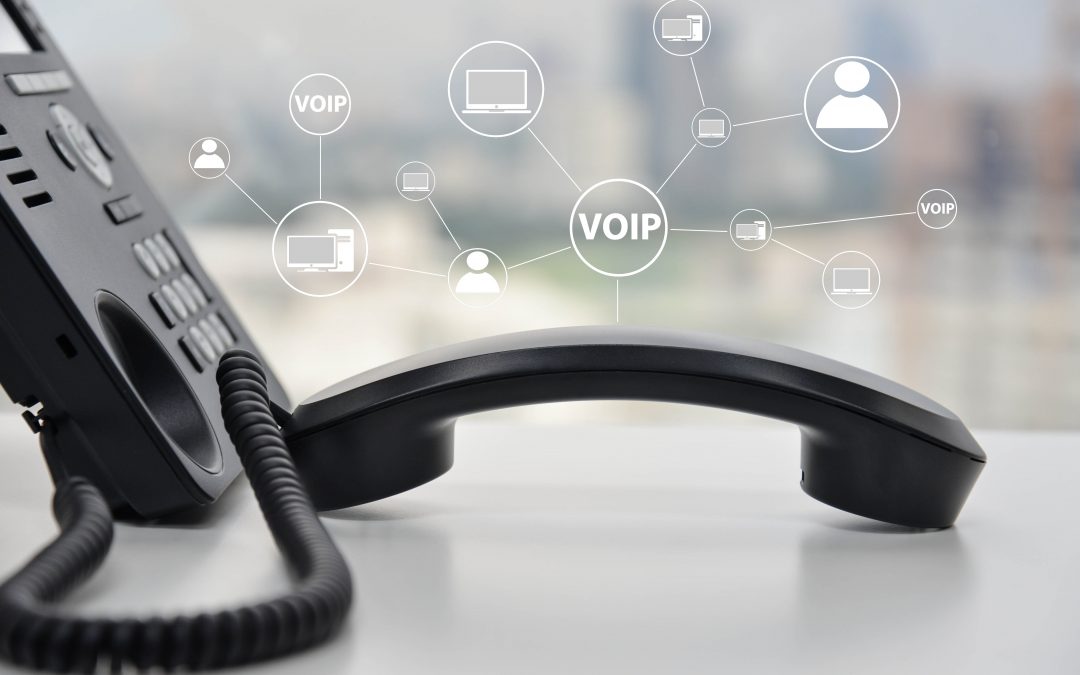VoIP stands for Voice over Internet Protocol, and it refers to a technology that allows you to make voice calls over the internet, rather than the traditional telephone networks. VoIP works by converting your voice into a digital signal that can be transmitted over the Internet, and then converting it back into an audio signal at the other end. VoIP allows you to make and receive calls using a computer, smartphone, or other internet-connected device, anywhere in the world. Some popular examples of VoIP services include Skype, WhatsApp, Zoom, Ring Central, MS Teams and many more.
There are several reasons why VoIP is widely used today:
- Cost: VoIP calls are often less expensive than traditional telephone calls, especially for long-distance and international calls.
- Convenience: With VoIP, you can make and receive calls using a computer, smartphone, or other internet-enabled device, as long as you have a good and clean Internet connection. This makes it easy to stay connected, even when you’re on the go.
- Features: VoIP PBX systems often include advanced features, such as call forwarding, voicemail, call waiting, and more, that are not available with traditional telephone services.
- Integration: VoIP can be easily integrated with other communication and business tools, such as video conferencing, instant messaging, and CRM systems, to provide a unified communication experience.
- Scalability: VoIP systems can be easily scaled up or down to accommodate changes in the number of users or call volume, making it a good choice for growing businesses.
Like with any technology, VoIP has some risks and challenges that should be considered:
- Security: VoIP calls are transmitted over the internet, which makes them vulnerable to hacking and other security threats, such as eavesdropping, phishing, and viruses.
- Quality: The quality of VoIP calls can be affected by various factors, such as Internet speed, network congestion, and hardware limitations, resulting in poor sound quality, dropped calls, or delays.
- Reliability: VoIP services can be disrupted by power outages, Internet connectivity issues, or other technical problems, which can impact call quality or cause calls to be disconnected.
- Emergency services: In some cases, VoIP calls may not be able to connect to emergency services, such as 911, due to technical limitations or difficulties with call routing.
- Regulation: VoIP services may be subject to different regulations and standards in different countries, which can impact their availability and functionality.
It’s important to be aware of these potential risks and to take steps to minimize them, such as using encryption to protect calls, using high-quality equipment, and choosing a reputable VoIP provider that offers robust security and reliability features.

Recent Comments